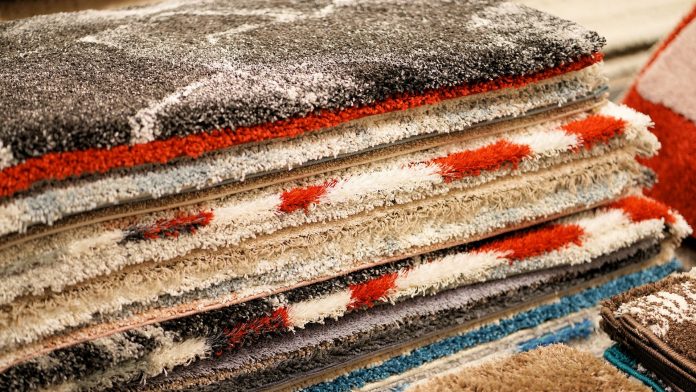
The European Public Health Alliance (EPHA) and the Health and Environment Alliance (HEAL) have warned that toxic substances linked to a variety of long term health issues can be found in carpets sold in the European Union (EU).
In a new study by Anthesis, over 59 hazardous and toxic substances were found in carpets sold in the EU, including endocrine disruptors and carcinogens that are linked to serious health conditions such as cancer, fertility problems and learning disabilities.
Inhaling, ingesting and exposing the skin to these toxins can prove severely harmful to pregnant women, babies and small children, as well as workers in the carpet industry who are exposed to those chemicals because of inadequate safety measures.
Many of the toxic chemicals stay in the environment and can cause adverse impacts on ecosystems. In some cases, it takes decades to show any kind of health or environmental impact.
Adopt a health first approach
There are around 37 toxic substances that have not been restricted and/or banned for use in carpets. Many of these haven’t been evaluated for their health and environmental impacts.
Ten substances are currently identified by the EU as Substances of Very High Concern (SVHC), of which only four are banned from the market.
The report contains recommendations to the EU, member states and manufacturers aimed at adopting a health first approach towards the circular economy.
Potential health impacts overlooked
Nina Renshaw from the EPHA, said: “This study makes clear that the European Commission overlooked potential health impacts and didn’t do their homework when preparing the Circular Economy initiative.
“This can be simply fixed by allocating enough resources to make sure that health impact assessments are done properly, and specifically consult independent health experts before making any proposals to be sure that there are no regrets for our health and that consumers do not lose trust in recycled products.”
Preventing chronic diseases
Genon K Jenson from HEAL added: “The report’s recommendations to the European Commission to speed up the proper implementation of existing regulation such as REACH together with member states and to deliver on its commitment to publish a strategy for a non-toxic environment in 2018 are spot on.
“This is a massive opportunity to prevent many chronic diseases by reducing people’s exposure to toxic chemicals and prevent harming the most vulnerable, for example babies and children as well as carpet industry workers.”








